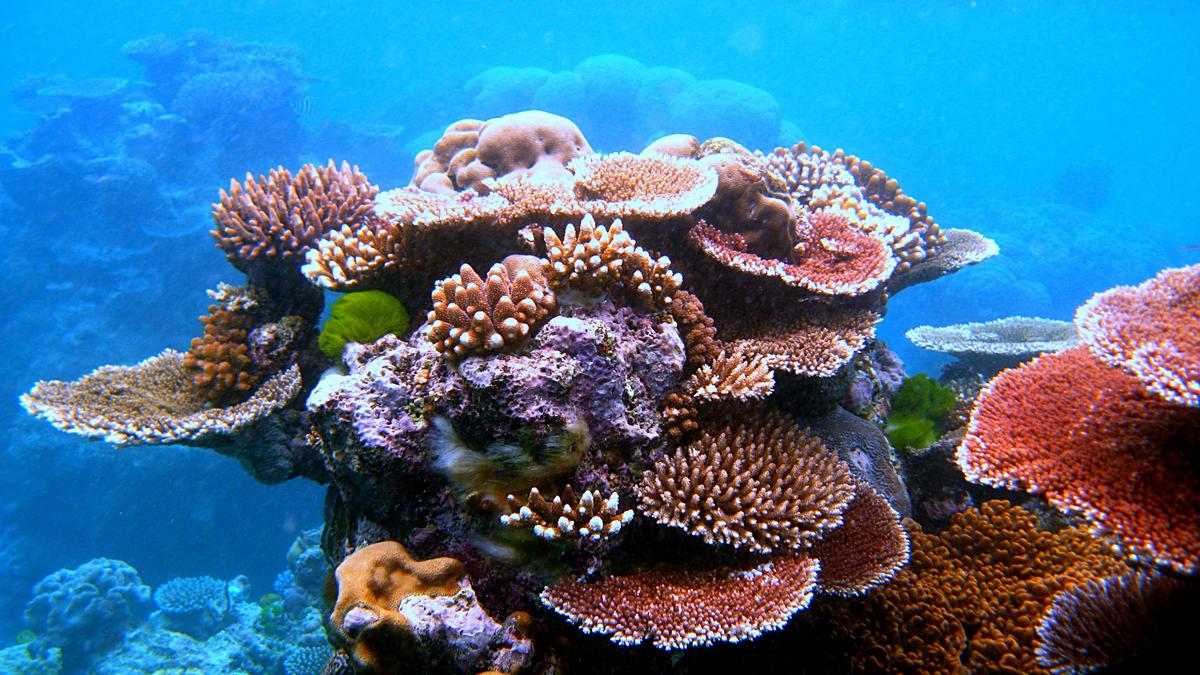Home / Environment / Coral Triangle's Fragile Future: Cryobanks Offer Hope for Endangered Reefs
Coral Triangle's Fragile Future: Cryobanks Offer Hope for Endangered Reefs
6 Oct
Summary
- Coral Triangle, world's richest marine ecosystem, faces grave threats
- Philippines to host Southeast Asia's first coral larvae cryobank
- Cryopreservation technique uses rapid freezing to preserve coral larvae

The Coral Triangle, a vast marine ecosystem spanning Indonesia, Malaysia, Papua New Guinea, the Philippines, Solomon Islands, and Timor-Leste, is facing mounting dangers. As of 2025, the planet has lost 14% of its coral reefs since 2009, and scientists warn that without drastic action, 70-90% of live coral cover could be lost by 2050.
In a proactive move, the Philippines is preparing to host Southeast Asia's first coral larvae cryobank. This facility, set up by the University of the Philippines Marine Science Institute, will freeze and preserve the small, free-swimming "seeds" of corals at extremely low temperatures. These preserved larvae can later be used to revive damaged reefs or for research, protecting the genetic diversity that might otherwise be lost.
The cryobank is part of a wider regional initiative linking research institutions across the Coral Triangle, including in Taiwan, Indonesia, Malaysia, and Thailand. Led by experts from Taiwan's National Museum of Marine Biology and Aquarium and the National Dong Hwa University, the project aims to build long-term resilience for this threatened marine ecosystem. By establishing a network of cryobanks, the scientists hope to safeguard the Coral Triangle's rich biodiversity and support the coastal communities that depend on its resources.




